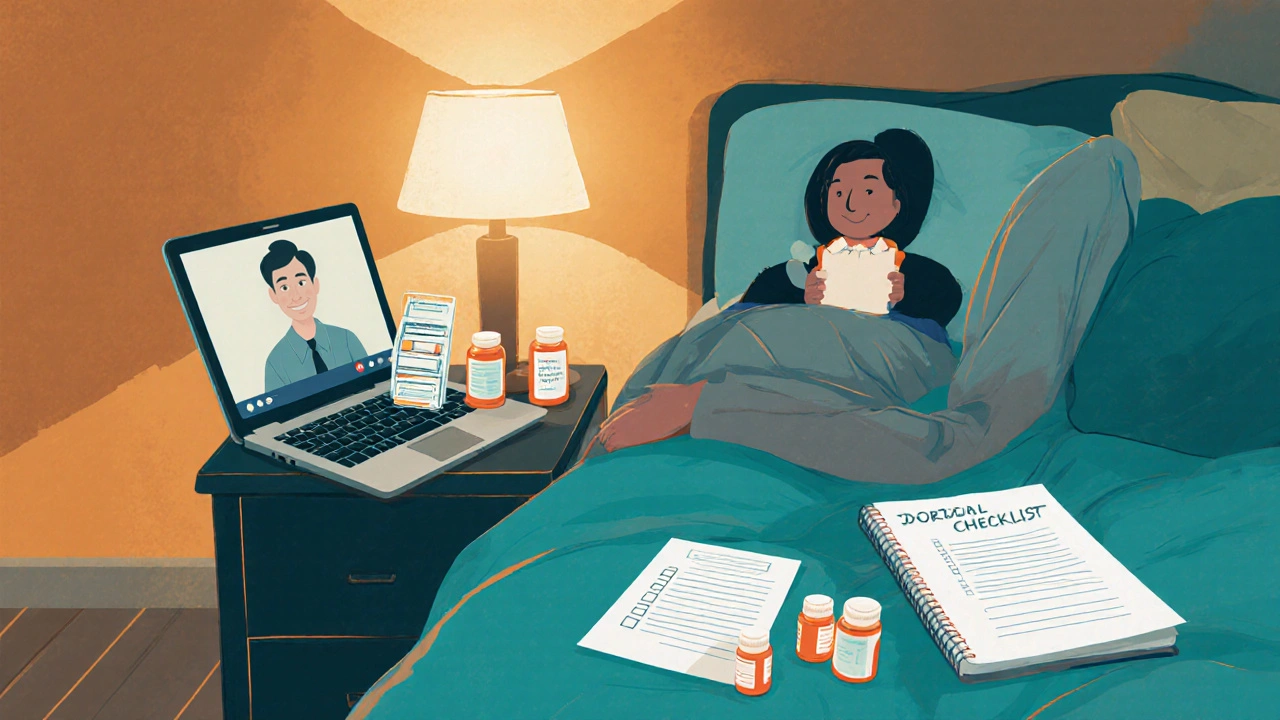Traveling with Bipolar Disorder: Practical Advice for Safe and Enjoyable Journeys
When planning a trip, understanding traveling with bipolar disorder, the act of moving between locations while managing the symptoms of bipolar disorder. Also known as bipolar travel, it demands extra preparation to keep mood swings in check and to stay healthy on the road.
A key part of any travel plan is medication management, the systematic approach to taking prescribed drugs consistently, even across time zones. This includes setting alarms, using portable pill organizers, and confirming that you have enough supply for the whole trip. Effective medication management influences how smoothly a journey goes, because missed doses can trigger mood episodes that disrupt travel enjoyment. Another critical component is the mood stabilizer, a class of drugs such as lithium or valproate that help keep extreme highs and lows at bay. Knowing the specific stabilizer you take, its dosing schedule, and any food or drink interactions lets you plan meals, flights, and activities without surprise side effects. Many travelers also benefit from travel insurance, coverage that helps with medical emergencies, medication refills, and unexpected hospital stays abroad. Insurance that includes mental health coverage can save you time and money if a crisis occurs far from home. Together, medication management, mood stabilizers, and travel insurance create a safety net that lets you focus on the sights rather than the symptoms.
Beyond the medical side, coping strategies play a big role. Keeping a routine—regular sleep, meals, and exercise—reduces the risk of mood shifts, because irregular schedules are a common trigger. Practicing sleep hygiene, such as using blackout shades or earplugs on planes, protects the circadian rhythm that stabilizes mood. Stress‑reduction techniques like deep‑breathing, mindfulness apps, or brief walks in new cities help you stay grounded when excitement turns into anxiety. Connecting with a support group before you leave, whether online or in person, gives you a place to share concerns and gain advice from others who have traveled with bipolar disorder. Many support groups also offer crisis contacts you can call if symptoms flare up while you’re away. By combining solid medication practices, appropriate insurance, and everyday coping tools, you set up a travel experience that’s both safe and rewarding. Below you’ll find a curated list of articles that dive deeper into each of these areas, offering step‑by‑step guides, medication comparisons, and real‑world tips to make your next trip smoother.

Traveling with Bipolar Disorder: Essential Tips & Precautions
Practical tips and safety steps for traveling with bipolar disorder, covering medication, routine, coping tools, and emergency planning.
More Detail